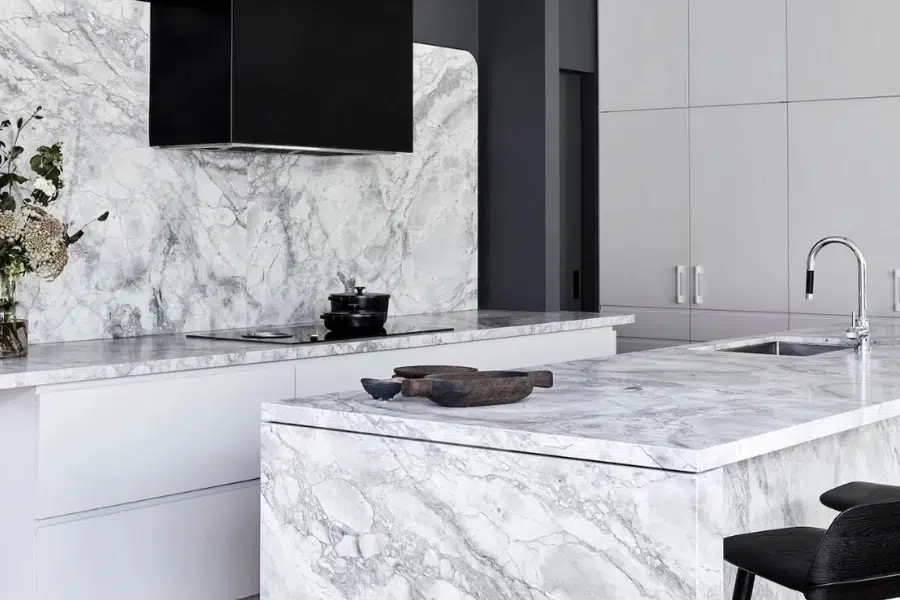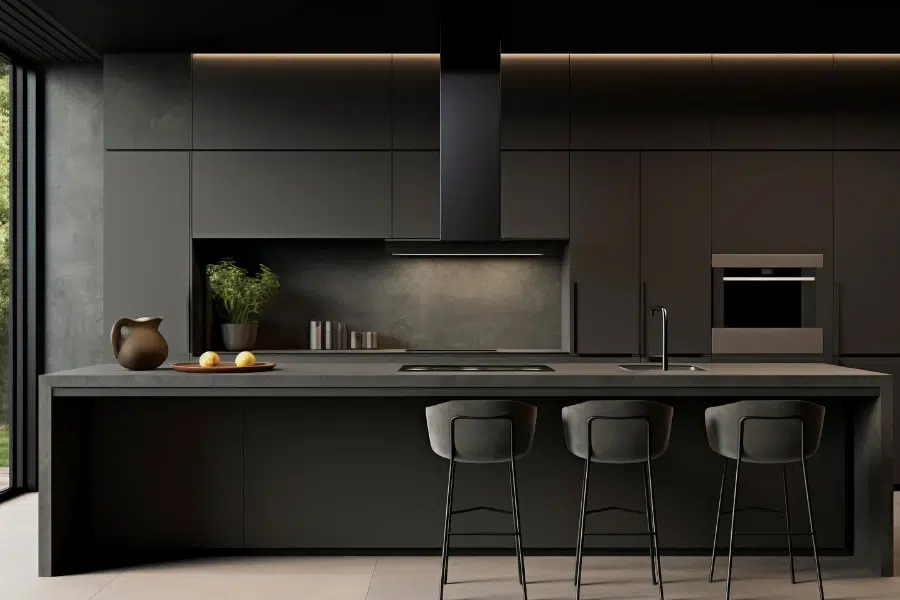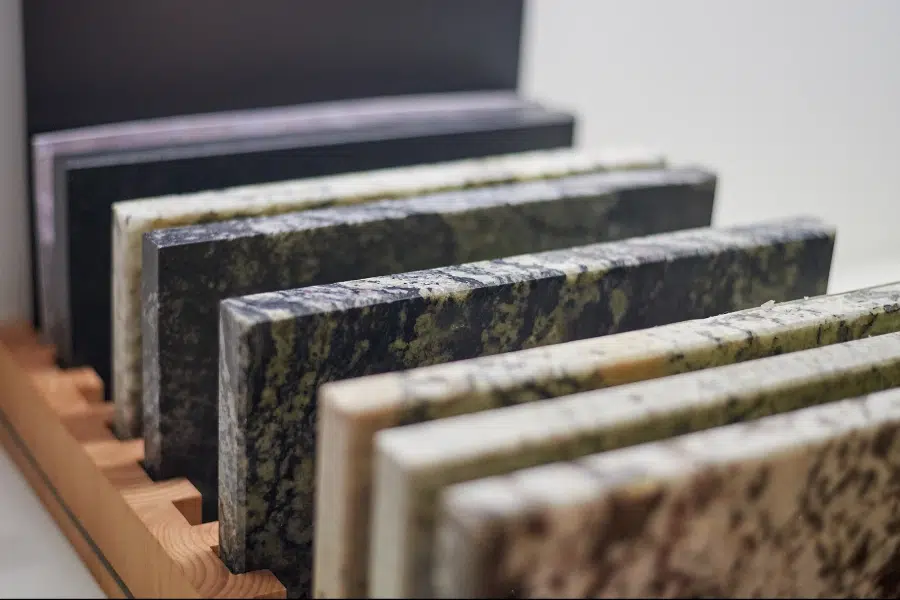The Pros and Cons of Limestone Benchtops: A Complete Guide
In this guide, we will focus on the pros and cons of limestone benchtops in detail. We will make comparisons with other materials like granite and marble, discuss the uses it is ideally suited for, and answer some of the frequently asked questions around maintenance, durability, and also the cost of marble.
The Pros of Limestone Benchtops
Aesthetic Appeal and Timeless Elegance
Unique and Natural Appearance
Heat Resistance
Eco-Friendly and Sustainable Material
Versatility in Applications

Find the Perfect Stone for
Your Project
The Cons of Limestone Benchtops
Porous Nature and Staining Issues
Requires High Maintenance
Limestone benchtops require more care and upkeep than other materials, such as granite or quartz. In addition to regular sealing, limestone surfaces demand that a pH-neutral cleaner be used daily to counteract the harmful effect of acidic substances, which can cause permanent dullness. Harsh household cleaners like vinegar, bleach, or citrus-based products are the enemies of the beautiful surface, for they dissolve, etch, and are destructively corrosive to the same. Limestone is softer than other stone surfaces; hence it becomes easily subjected to scratches and chipping. Hence one must not use sharp utensils as far as possible, and care must be taken when using heavy cookware and cutting boards so as not to damage the surface.
Higher Long-Term Costs
Limestone vs. Other Benchtop Materials
Limestone vs. Granite
- Durability: With its hardness, granite is a tough stone compared to limestone and does better in resisting scratching and staining.
- Maintenance: In terms of maintenance, granite has a clear upper hand over limestone; that is because it is inherently less porous and is not prone to staining.
- Aesthetic Appeal: Limestone provides a softer, more natural look while granite is noted for its bold patterns and strong colours.
- Cost: The cost of marble and granite is generally higher than limestone, but limestone’s maintenance costs can make it comparable over time.
Limestone vs. Marble
- Durability: Marble is generally denser and harder than limestone, making it more resistant to wear and tear over time.
- Appearance: Many homeowners wonder about the cost of marble compared to limestone. While marble is often more polished and refined, limestone has a more natural and textured appearance. The price varies based on the type and quality of the stone.
- Maintenance: Both marble and limestone are highly prone to etching and stains, especially from acids. Marble is not significantly better in this regard.
- Cost Comparison: Marble is considered an upper-end material and is routinely priced more highly compared to limestone. The marble slab cost will depend on the kinds of variety and quality of the stone.
Is a Limestone Benchtop Right for You?
Why Choose Avant Stone for Limestone Slabs for Benchtops?
Conclusion
Frequently Asked Questions (FAQs)
Are limestone benchtops durable enough for a busy kitchen?
How often do limestone benchtops need to be sealed?
Can limestone benchtops handle heat from hot pots and pans?
What is the best way to clean limestone benchtops?
Do limestone benchtops stain easily?
Related Posts
Natural Stone Slab Supplier
Avant Stone brings together 20 years of stone industry experience to provide you with a range of globally sourced stone slabs including Marble slabs, Granite slabs and Quartzite Slabs.
We aim provide you quality service and distinctive stone products for your home or your commercial space. Avant Stone is the premier Stone Supplier of Granite, Quartzite and Marble slabs in Sydney.
Our showroom is located centrally in Greenacre, a mere 20 minutes from Sydney & Parramatta CBD.
Give us a call: 0298170037
Email us at: info@avantstone.com.au



